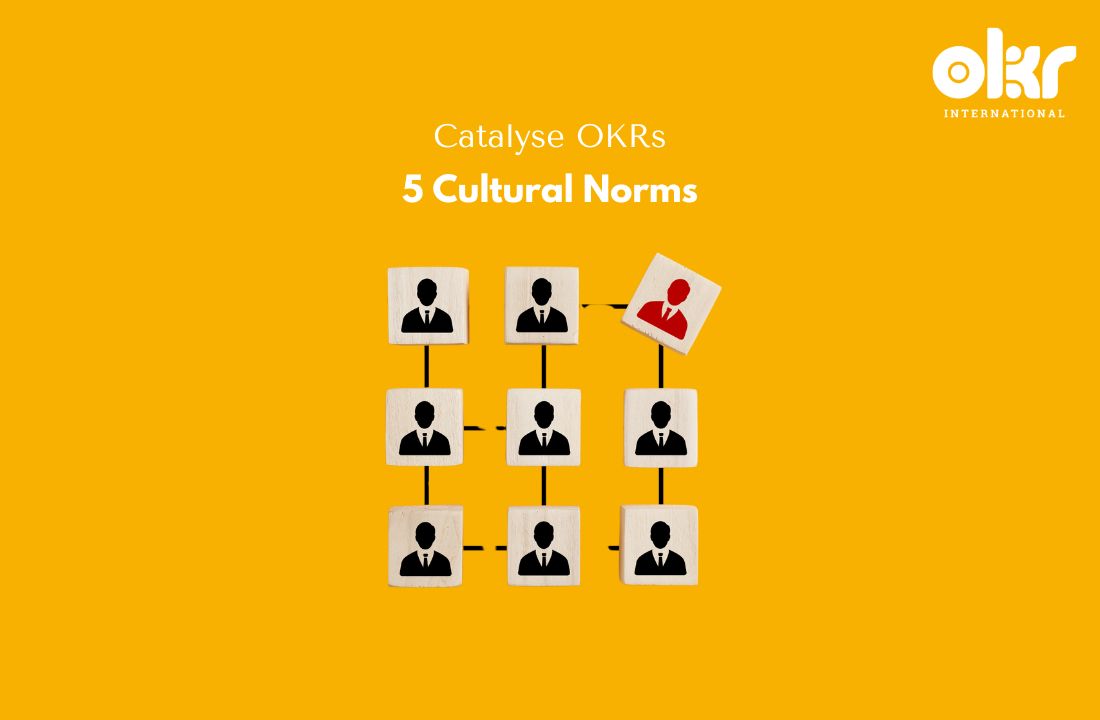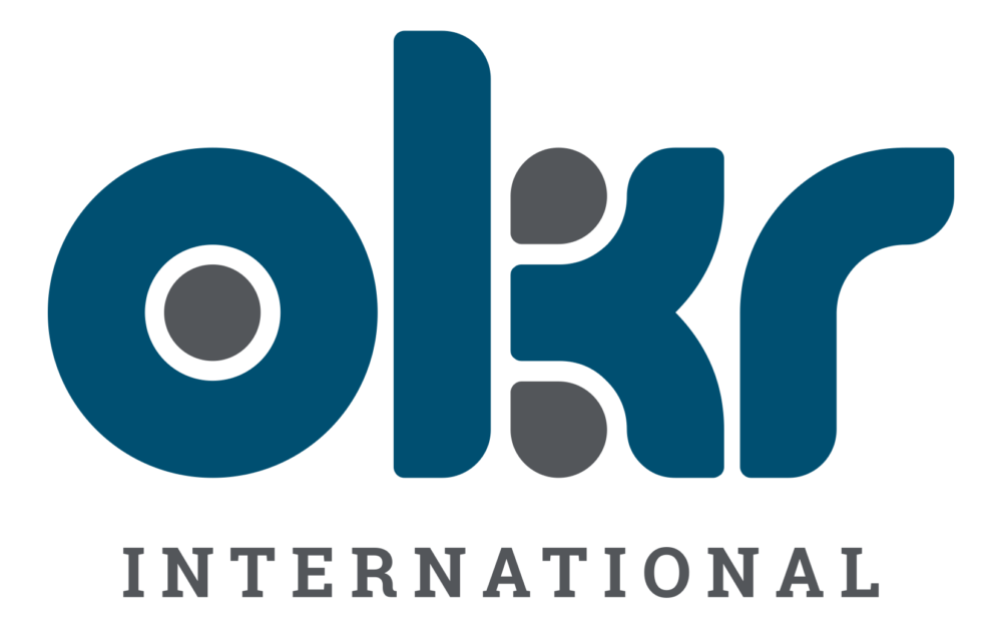5 Cultural Norms that Catalyse OKRs
There have been a lot of iterations on what it takes to make OKRs work. One of the often-cited factors is organisational culture. So, what is it about organisational culture that makes it an OKR catalyst?
To understand this, let’s be clear about the very function of OKRs. I like to define Objectives & Key Results (OKRs) as a goal management and execution system with no more than 1-5 objectives and no more than 1-5 key results per objective. For every key result, one draws initiatives. These are meant to be programs, projects, tasks or activities that help achieve said key results. These initiatives are almost like hypotheses or bets that you start with, believing that they will help in moving the needle of your key result. And when they don’t make a dent in your Key Result, you start looking as recalibrating your initiatives.
In the world of OKRs, initiatives are most changeable within the quarter and rightly so. They are what gives OKRs its agility. This is where true collaboration and interdependencies come alive. It’s in the discussion of these initiatives every week or fortnight that you find opportunities to be agile. All this happens in a transparent and cyclical manner, every quarter, in most cases. Every time a team meets to review how they are doing, the discussion is less about numbers and more about celebrating, learning, sharing and supporting.
With OKRs, you also have the opportunity to leverage one of the other super-powers – multi-directional alignment. While members get to see the strategic direction the organisation is taking, they also have the opportunity to contribute what they believe they can – this is the bottom-up alignment that goes through its checks and balances. It brings in discretionary effort from teams when its time to execute. You also get the cross alignment between teams which gives you the much-needed collaboration during execution of goals.
In conclusion,
- Be transparent, so it creates trust
- Convert goals into actionable priorities, so it creates focus on what matters most
- Be experimentative, so it brings agility and innovation
- Create outcome-focus, so it drives value creation
- Provide autonomy, so it drives ownership and engagement
Now, clearly this means that the teams with its members and so-called leaders must clearly find a way to leverage these super-powers. The framework does nothing by itself.
What is Organisational Culture & Why is it so important?
An organization’s culture defines acceptable ways to behave within the organization. This culture consists of shared beliefs and values. These may be established by leaders and then communicated as well as reinforced through various practices. These practices ultimately shape behaviors. Organisational culture has a direct impact in the way that employees show up at the workplace and contribute every day. It’s almost like the ecosystem that nourishes flora & fauna.
Ergo, in principle, culture works as a binding glue in activating the systems, structures and processes within any organisation. To an extent, the efficacy of these very systems, structures and processes is a product of how the members of the organisation have come together to create it, in the first place.
You may have realised by now that OKRs require a special environment to thrive and prosper. This framework is open-sourced. It requires fluidity, transparency, trust and an equally open-source way of working.
OKRs require an ecosystem ie organisational culture to ignite and fuel the power that it is meant to deliver.
Over the last 18 years, I have worked with hundreds on organisations on culture transformation in big ways and small.
Here are 5 cultural norms that I strongly believe, when practiced well, will give your OKRs the much needed boost.
5 Cultural Norms That Catalyse OKRs:
1. A Culture of Achievement Orientation:
This cultural norm characterizes organizations that do things well and value members who set and accomplish their own goals. Members of these organizations establish challenging and aspirational goals, develop plans to reach these goals, and pursue them with enthusiasm.
The Antithesis: The opposite of this norm is when teams and employees avoid taking initiative and going the extra mile. Discretionary effort is missing.
How to build achievement orientation?
By encouraging your teams to do the following:
• Building a level of challenge when they set goals – the goal decides the plan, not the other way round. Pursue a standard of excellence. Be a pioneer in whatever you do.
• Know your business, your products, your competitors, and your marketplace – know what’s going on around the world. Some companies encourage people to run a regular PESTLE analysis so as to consolidate external changes.
• Break down larger goals into smaller ones and make plans to achieve them. explore alternatives, and experiment without fear.
• Celebrate often, the wins of teams and reward sharing loses openly. Teach members to focus on learning from their failures rather than pointing fingers at each other.
2. A Culture of Encouragement:
This cultural norm characterizes organizations that are participative and people-centered. Employees are expected to be supportive, constructive, and open to influence in their dealings with one another. An Encouraging culture leads to effective organizational performance by providing for the growth and active involvement of members who, in turn, report high satisfaction with and commitment to the organization.
The Antithesis: The opposite of this cultural norm is when the organisation encourages oppositional and power-centric behaviors. Managers are supposed to know all answers and take calls in the absence of delegation or empowerment for their people.
How to build a culture of encouragement?
By encouraging your teams to do the following:
• Make coaching a way of life. Coaching is a skill that does not need subject matter expertise. Managers can coach their team mates just as well as their peers. I have seen many companies where team members coach their managers as well. it works! Its powerful! It enables!
• Teach people to truly listen to each other. Listen to understand – not to respond. This is a learned skill and needs self-mastery. Organisations where the leaders are good listeners, create magic for their customers and employees alike.
• Resolve conflicts constructively. To do so, employees can be involved in decisions that directly affect them.
• Show concern for the needs of others, check-in with your people on a regular basis.
• Focus on development of people within your teams. Several learning experiences such as mentoring, coaching, training, etc., can ensure this.
3. A Culture of Cooperation:
This culture characterizes organizations that place a high priority on constructive interpersonal relationships. Friendly, open, and sensitive behaviors towards their group is expected in this case. This culture can enhance organizational performance by promoting open communication, cooperation, and the effective coordination of activities. This cultural works on the premise that for the system to work optimally, the sub-systems must work sub-optimally (systemic approach).
The Antithesis: The opposite of this cultural norm is when internal competition is valued, and members are rewarded for outperforming each other with a win-lose framework. Such organisations are characterised by individual rewards rather than team rewards.
How to build a culture of co-operation?
By encouraging your teams to do the following:
• See how they contribute to the larger top-line or bottom-line of the organisation. Bring clarity to their contributions and show them the significance of what they do.
• Teach them the power of synergy. It helps in visualising how the sum of parts can be greater than the whole. It’s the very concept of MECE (mutually exclusive, collectively exhaustive) in OKRs.
• Learn how to communicate openly and honestly with each other. Authentic communication is the cornerstone skill that helps build a culture of co-operation.
• Encourage members to make decisions that are good for the team, not the individual within it.
• Encourage members to look for goals that are collective.
4. A Culture of Psychological Safety:
A culture where people do not experience interpersonal fear. Confidence in speaking up (especially within hierarchies) and zero fear of failure is a characteristic of this culture. A psychologically safe culture allows for rapid experimentation, fail-fast mindsets, and openness to experiment. Cultures that experience psychological safety are adept at aspiring for moon-shot goals and constantly challenge status quo.
The Antithesis: The opposite of this cultural norm is when there is severe micro-management as decisions are hierarchically driven rather that based on the merit of ideas. Fear of the stick compels members to avoid all mistakes, and in doing so, take a beating on innovation.
How to build a culture of psychological safety?
By encouraging your teams to do the following:
• Encouraging a mindset of being passionate about the goals and dispassionate about the initiatives. Create a learning organisation – share openly what’s not working.
• Helping people focus on true-stretch. Avoiding sandbagging wherever possible and not being afraid to dream big. Coaching comes in handy again.
• Debate the point, not the person. They have a problem, they are not the problem.
• Encourage experimentation & fail-fast modes by empowering and aligning people to the goals.
• Use regular feedforward conversations to keep the teams proactive in their experiments.
5. A Culture of Curiosity & Creativity:
Organizations that follow this culture value creativity as well as quality over quantity, and both task accomplishment and individual growth. These organisations encourage their members to be scientists, not judges. Genuine curiosity in what’s happening inside and outside the organisation keeps teams relevant. Creative ideas emerge that help in experimentation and ultimately, innovation.
The Antithesis: The opposite of this cultural norm is when the culture is descriptive of organizations that are conservative, traditional, and bureaucratically controlled.
Conformity and creating lasting impressions are common practices within this culture, which are hierarchically controlled while being nonparticipative. Centralized decision making in such organizations leads members to do only what they’re told but also clear all decisions with superiors.
How to build a culture of curiosity & creativity?
By encouraging your teams to do the following:
• Teach people how to be creative in their thinking and resist conformity. It’s a learned skill.
• Emphasise quality as much as speed or quantity.
• Encourage members to treat ideas as more important than rules. Encourage people to constantly challenge status quo.
• Discourage your people from critiquing wild ideas or casting them aside, simply because they are different.
• Play the “What if” game.
Summary
The culture of any organisation is the culmination of time and practices (conscious & unconscious). Culture is everyone’s prerogative within an organisation. Each member contributes to the overall culture in one way or the other.
What makes it interesting is that the very definition of constructive cultures, no matter where you go, extrapolates quite well when juxtaposed with OKRs. They feed into each other – they enable each other. Its almost like a virtuous cycle – the better your culture, the better your OKRs and the better your OKRs, the better your culture.



